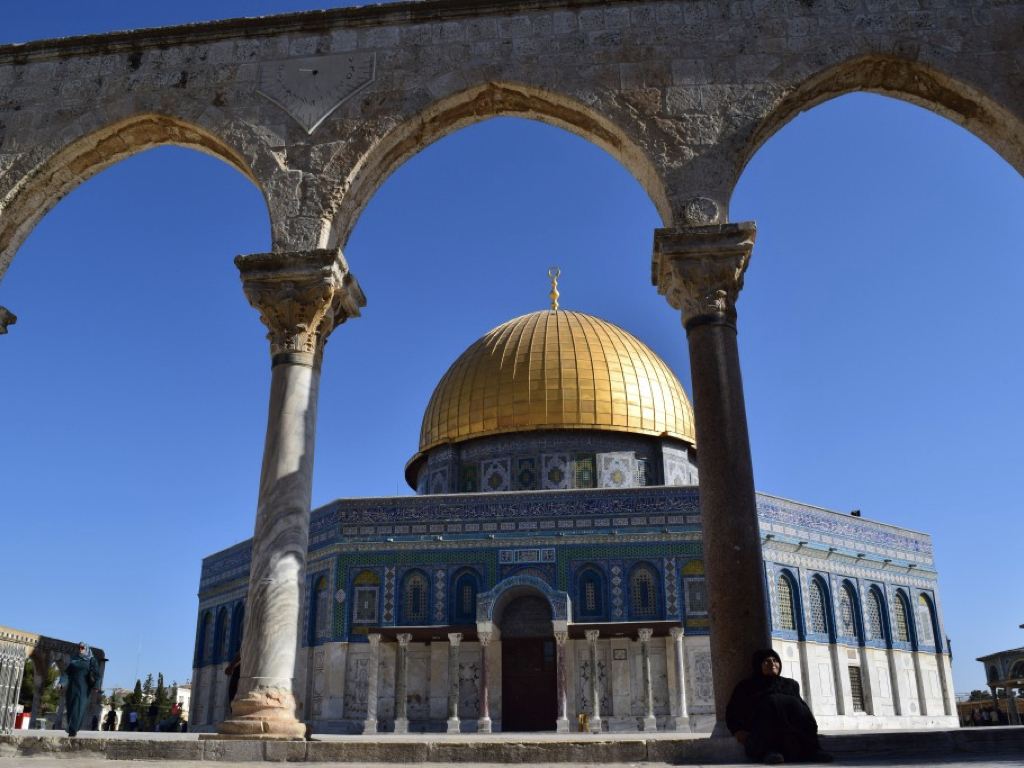Fatima al-Masri, a sales consultant in her 20s, grew up watching TV drama serials during Ramadan as a family tradition in Amman, Jordan. “We will be talking about it for hours, for days even,” she says. “You have no idea how much time we spend watching these shows, analyzing them. It opens up a lot of conversation.”
For nearly 2 billion people worldwide, the holy month of Ramadan is not just 29 or 30 days of fasting from dawn to sunset, prayer and charity. It is also a month of social gatherings and cultural events—including television dramas produced for the season.
As travel and public health restrictions have hampered in-person socializing during Ramadan both in 2020 and this year, social media and television have been playing greater roles than ever.
Now along with searching YouTube for advice on how best to fast or what to make for the day’s fast-breaking iftar,observing Ramadan also involves deciding among apps such as Ramadan Diet, Daily Dua or dozens more. It means picking out Ramadan-themed gifs to share on Whatsapp threads. And it means selecting which TV series to binge with the family—and the options are overwhelming. Traditional Ramadan programming powerhouses like Egypt and Turkey as well as ones in Saudi Arabia, Lebanon, Syria, Algeria and the UAE are all serving up ever-more sumptuous buffets of social dramas, cooking shows, music specials, comedies and religious programming.
Often described by Arab media experts as a sweeps season for the Middle East, Ramadan boosts TV viewership by up to 45 percent on traditional platforms, and YouTube has recently seen three-fold to four-fold Ramadan spikes. This is why Arabic-language networks so often premiere their top shows in Ramadan—from perennially popular prank shows like Ramez to cooking shows with popular Moroccan chef Assia Othman to Al Namous, a Kuwaiti drama featuring stories across social classes set in the 1940s and 1970s, and dozens more.
“If you want to understand the region, you have to see it through its pop culture.”
While satellite channels have delivered programs like these to millions of Arabic speakers for decades, streaming platforms like Netflix and YouTube are now bringing even more to new audiences, particularly in Europe, North America and Asia, with subtitling in major world languages.
Along with widened distribution and added viewership, streaming platforms and competitive programming are pushing producers to offer increasingly contemporary storylines and series shorter than a month’s worth of 30 episodes. Especially during the COVID-19 pandemic, Ramadan TV has offered a window on places viewers couldn’t travel to and also offered cultural insights.
“If you want to understand the region, you have to see it through its pop culture,” says Egyptian film critic Joseph Fahim. “A good way to start learning is through a show.”

